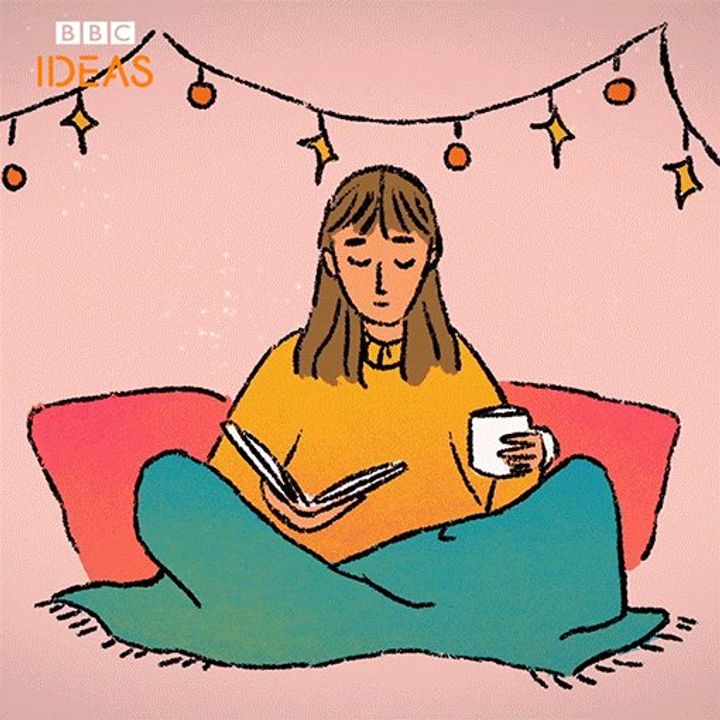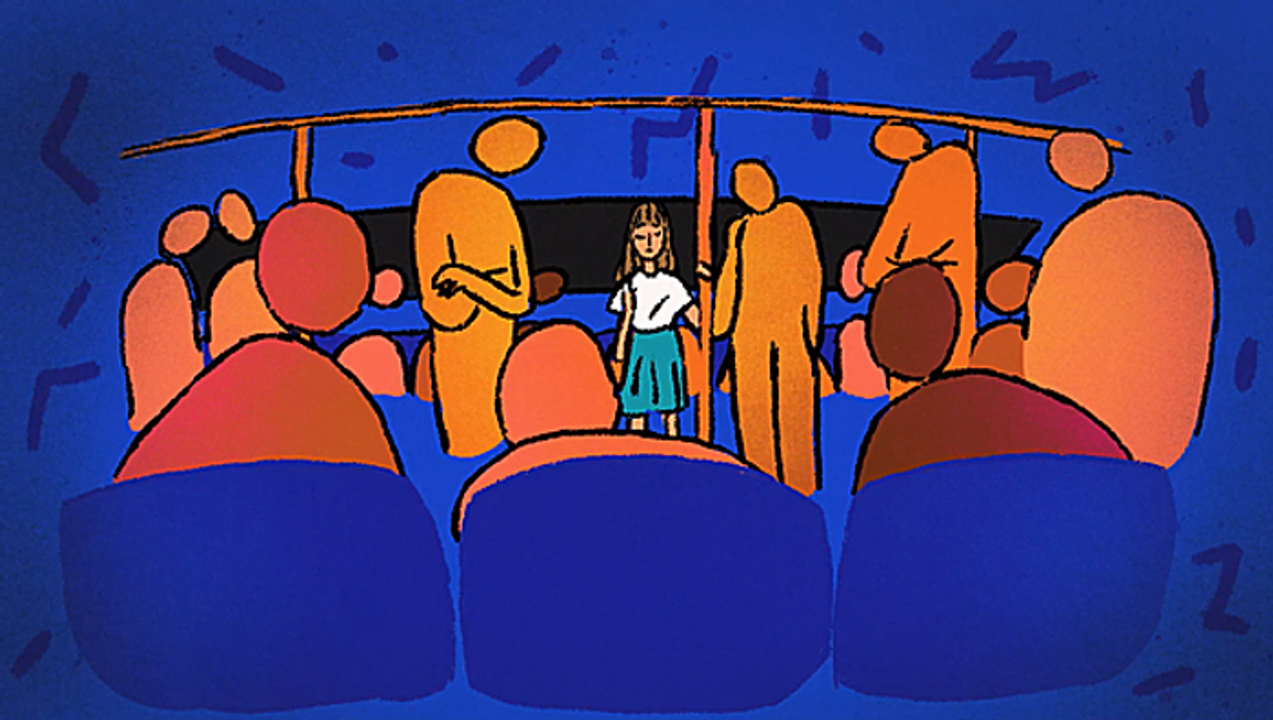The quiet power of introverts
Mình là người hướng nội nhưng không có nghĩa đó là một thiếu sót, là một điều gì đó không hoàn hảo và cần phải cải thiện như mọi người...
Mình là người hướng nội nhưng không có nghĩa đó là một thiếu sót, là một điều gì đó không hoàn hảo và cần phải cải thiện như mọi người vốn lầm tưởng! Thật sự, có rất nhiều quan niệm sai về người hướng nội. Nhiều người cho rằng, người hướng nội thì nhút nhát, ít nói bởi họ gặp khó khăn trong giao tiếp hay thâm chí là chống đối xã hội ( antisocial ). Hướng ngoại mới là tốt, mới có tố chất làm lãnh đão? Điều mọi người nghĩ gì có thật sự quan trọng ?
Mình là người hướng nội, nhưng mình không còn ép bản thân thay đổi vì quan điểm của người khác nữa. Mình hiểu bản thân, hướng nội hay hướng ngoại có quan trọng bằng việc bạn hiểu bản thân và biến tính cách bạn có thành thế mạnh của chính mình!
Trên con đường hoàn thiện bản thân, mình không ngừng tự tạo nên những niềm vui cho chính mình. Đó có thế là những hành động, những thói quen hay câu chuyện rất đỗi bình thường trong cuộc sống hằng ngày. Và mình muốn lan tỏa điều này đến những bạn vẫn còn loay hoay, rối bời trong việc cố thay đổi hoặc tìm ra một cái nhãn hoàn hảo cho tính cách mình có bằng chiếc podcast đầu tay ngây ngô của một kẻ hướng nội nha!
Lấy ý tưởng từ đoạn video mình vô tình xem được từ BBC Ideas, video có tựa đề " The quiet power of introvets " . Mình làm transcript và thu âm, cho ra đời chiếc podcast ( còn khá là non ) ! Không sao!
Hy vọng bạn sẽ thích! Bạn có thế nghe tại:
I am an introvert and I love it. And I’m not alone. Introverts are everywhere, and our quiet approach to life, our need for solitary time, isn’t a flaw - it’s a gift.

BBC Ideas
But as an introvert, it’s not always easy to realize how wonderful you are. The world feels like a place that rewards extroverts. Where being loud is mistaken for being confident and happy. Where everyone has something to say, but nobody listens. A world of open-plan offices, networking parties, and big personalities. For those who speak softly, it’s easy to feel left out.
As a child, I blended into the background. Many thought that I had little to say, or that I simply didn’t like others. But that wasn’t true. People often think introverts are shy, or antisocial. But these are misconceptions. Introverts, like anyone, can find socialising fun. But while parties leave extroverts energised, after some time, introverts need to recharge… away from everyone.

BBC Ideas
There’s a scientific theory for this. There are two important chemicals found in all our brains - dopamine and acetylcholine. Dopamine is like a hit of energy when we take risks or meet new people - and it makes extroverts feel great.
But introverts are more sensitive to dopamine and get quickly over-stimulated. That’s why we prefer the more slow-burn feeling we get when our brains release acetylcholine.
That happens when we concentrate, read, or focus our minds. It makes us introverts feel relaxed, alert and content. But it barely registers with extroverts. Of course, like anything, it’s a sliding scale. You can lean one way, or another. Or be a bit of both - known as an ambivert. Now I understand myself better, I am deeply grateful for how I am. Instead of filling up space with small talk, I listen patiently and make my words matter. I have few friends, but our connection is deep. I love spending time alone. It’s where the chaos of a long day can finally settle. I can reflect and listen to my thoughts, and eventually reconnect with myself. Only after that, am I ready to share with the world again. I’ve learnt strategies for finding comfort in our noisy world - from using music to create bubbles of peace, to escaping to a quiet park at lunchtime. I adore the intensity and chaotic beauty of the world. But it’s in quiet spaces where I feel truly at home. If introversion were more valued by society, it could make a massive difference to our collective future.

BBC Ideas
The unique attributes of introverts really are a deep, quiet strength. And as Gandhi, put it, “In a gentle way, you can shake the world.”
Be yourself and love everything you are, my friends!
Người viết,
Hà Trần

Truyền cảm hứng
/truyen-cam-hung
Bài viết nổi bật khác
- Hot nhất
- Mới nhất